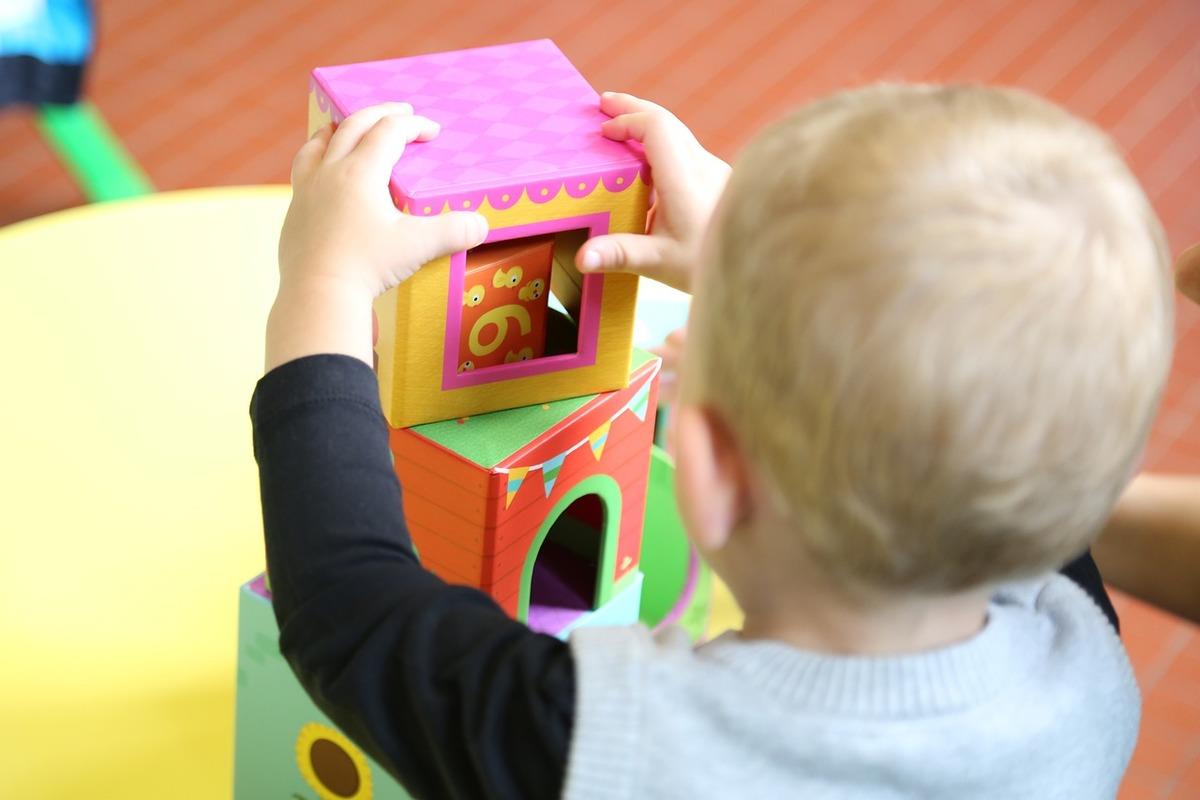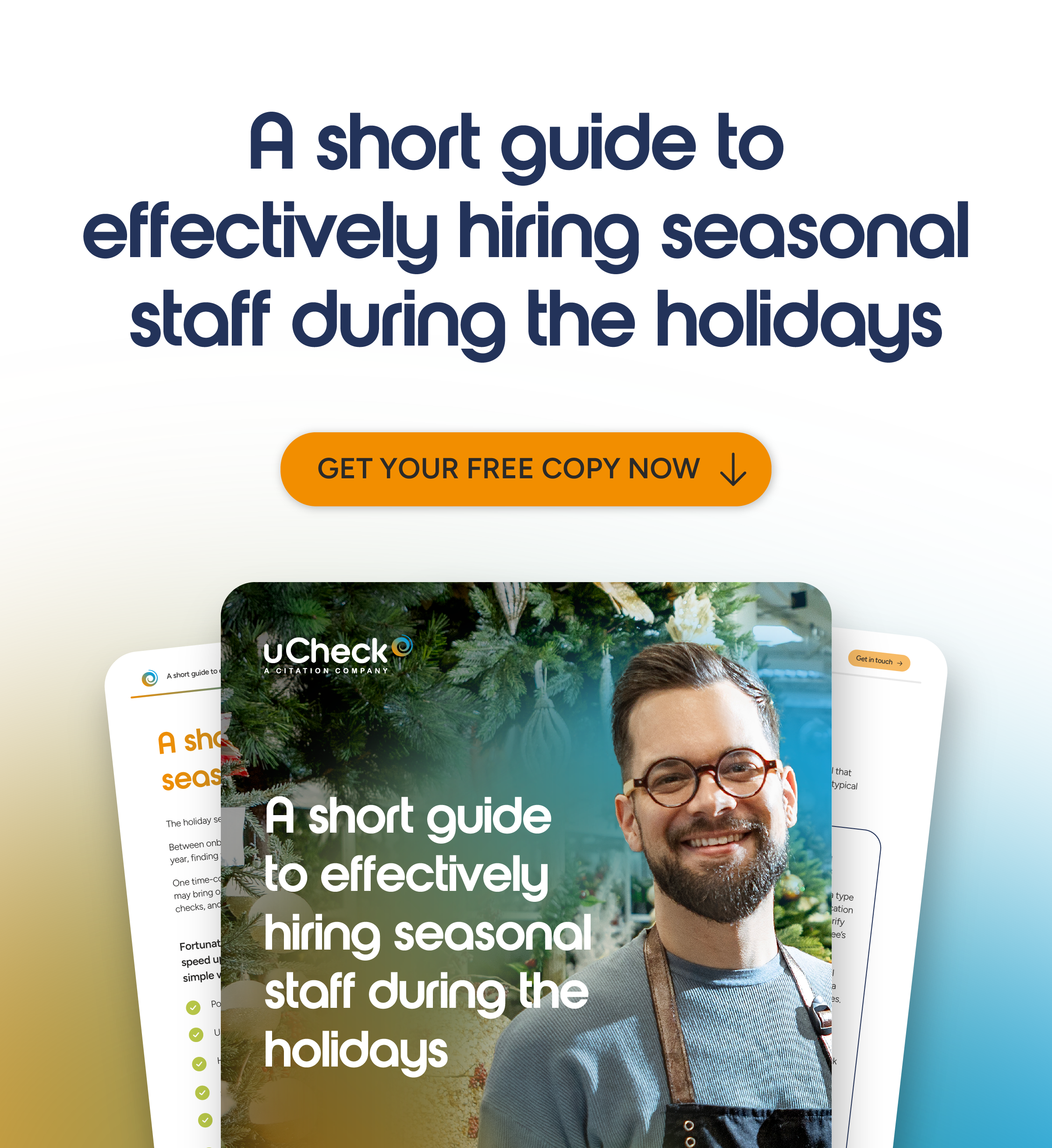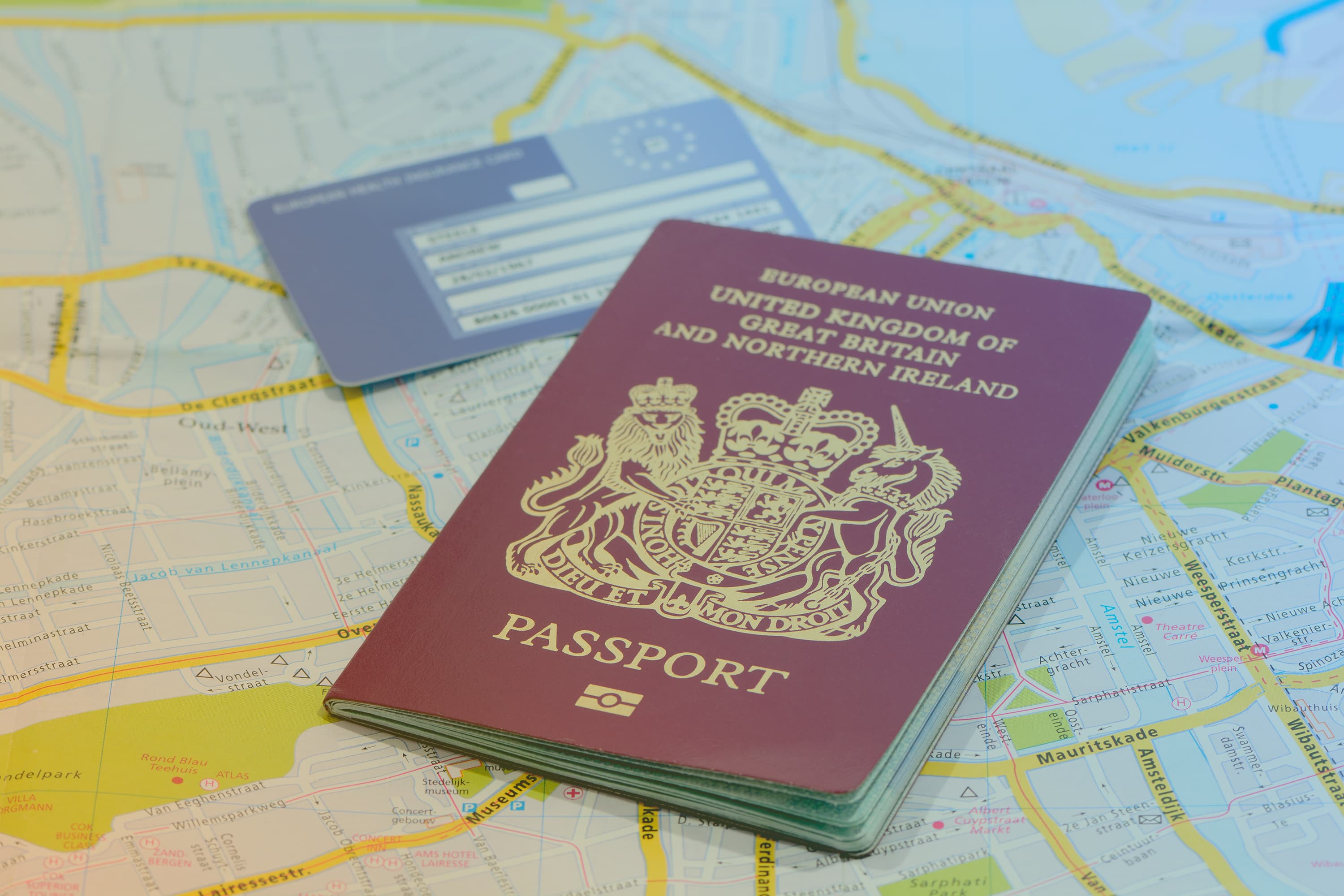When it comes to nurseries and early years childcare, safeguarding and wellbeing are everything. The safety and wellbeing of children rely on having a secure environment. And that starts with Disclosure and Barring Service (DBS) checks to form an important part of your recruitment procedure. Wondering how to make these essential checks work for your nursery or childcare setting? You’re in the right place.
We’re here to guide you through everything you need to know about DBS checks – who needs them, the types available, and how they protect your business and the children you care for.
Who needs DBS check?
DBS checks aren’t a one-size-fits-all. There are three main levels of DBS check: basic, standard and enhanced. Knowing which employee needs which level of check ensures accurate vetting takes place and is in line with legal requirements.
For those working in nurseries or early years childcare organisations, it’s likely they’ll be eligible for the highest level of DBS check – an enhanced check including a check against the children’s barred list. Why? Because most employees working in these roles will be classed as engaging in regulated activity – working closely with children regularly, unsupervised, and often in personal caregiving capacities.
Other employees in the organisation may still be eligible for this level of check, even if they don’t work directly with children. This is based on their place of work. If they work in a nursery or a registered childcare premises then they would be deemed to be working in a ‘limited range of establishments’.
So, as long as they work there on a frequent basis (the DBS definition of ‘frequent’ can be found in the guidance we linked to above), then they’ll usually be eligible for an enhanced DBS check with a check against the children’s barred list. These circumstances apply to those working in roles like administration, catering or as a caretaker.
Questions to consider
There are some crucial questions that define whether someone requires a DBS Check in childcare:
- Does the role involve regular unsupervised activity? (Regular means at least four times in a 30 day period)
- Is the individual working in a limited range of establishments? (This includes schools, nurseries, children centres or any childcare settings)
- Do the individual provide any personal care?
- Are they providing care as a foster family or host family?
- Are they tutoring or mentoring children?
If you answered ‘yes’ to any of these questions, you should look into applying for a DBS check. For those on the margins, a basic DBS is a good alternative.
Some other factors which could make you eligible for a DBS Disclosure might be:
- Being a trustee or governor of a school or children’s charity who oversees recruitment decisions into who will be looking after the children
Working in childcare for an organisation or being registered with a childcare recruitment agency
What can you do if an employee isn’t eligible for a higher level of DBS check?
Due to the nature of work in nurseries and early years childcare organisations, most employees will be eligible for an enhanced DBS check. However, if you have confirmed someone is not, you can still request a basic DBS check for them.
A basic check is the lowest level of DBS check available, but it will still detail any unspent convictions that an applicant has. As a general rule, this means any recent or serious convictions.
If the applicant lives and works in England or Wales then their basic disclosure will be processed and issued by the Disclosure and Barring Service. Those working in Scotland can apply for a basic disclosure through Disclosure Scotland.
Can I apply for a DBS as a private childcare provider?
Yes, you can apply for a DBS if you’re self-employed or working as a private nanny.
If you’re working as a self-employed childcare provider, you can apply through your local council.
If you’re a private nanny/childminder you fall into a category called a domestic arrangement and would only be able to get a Basic Criminal Record Check.
Why DBS checks for childcare providers are important
When it comes to keeping children safe, DBS checks are a must-have for childcare providers. They help to ensure that the people you employ are suitable to work with children. Here are some of the key reasons why DBS checks are so important:
Protecting children
Children’s safety and wellbeing should be the top priority for any childcare setting. DBS checks help to identify individuals who may pose a risk to children, ensuring a safer environment for everyone.
Legal compliance
In many cases, DBS checks are a legal requirement for those working with children. Failure to comply with these regulations can result in serious consequences for your organisation.
Maintaining reputation
Parents and guardians trust childcare providers to keep their children safe. Conducting DBS checks demonstrates your commitment to safeguarding and helps to maintain the trust and confidence of parents.
Peace of mind
Knowing that your staff have undergone DBS checks can provide peace of mind for everyone involved. It allows staff to focus on their work and provides reassurance to parents that their children are in safe hands.
Promoting best practice
Regular DBS checks are an essential part of best practice in the childcare sector. They show that your organisation takes its safeguarding responsibilities seriously and is committed to providing a safe and secure environment for children.
DBS checks for nurseries and early years childcare: A summary
Here are some of the key points to remember when looking to apply for DBS checks as a nursery or early years childcare organisation.
- Confirm which employees are eligible for a DBS check, and which level is most suitable
- Remember to take all aspects of their role into account, including where they work
- Register with a DBS umbrella body to start requesting DBS checks
Be sure to get in touch with us if you have any further questions. You can apply for a number of DBS Checks through our simple online platform – most checks are completed within 48 hours. Let’s make safeguarding simple – start your DBS checks today.







